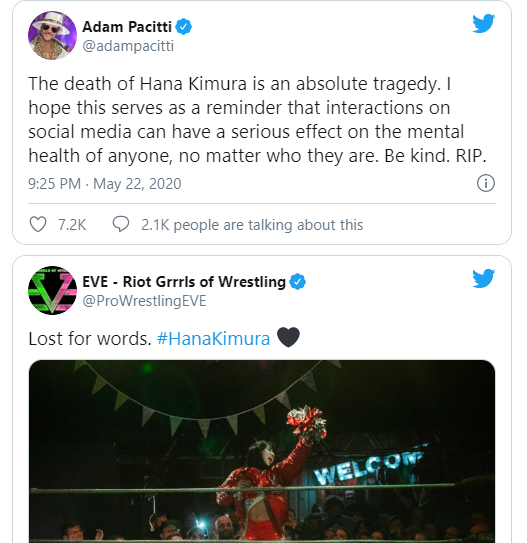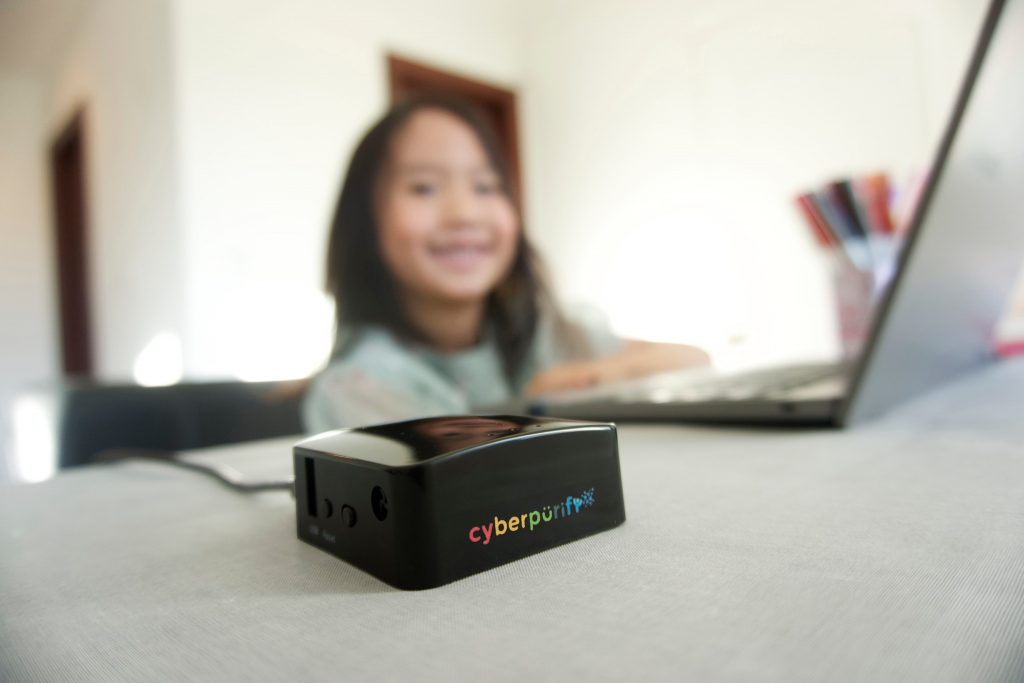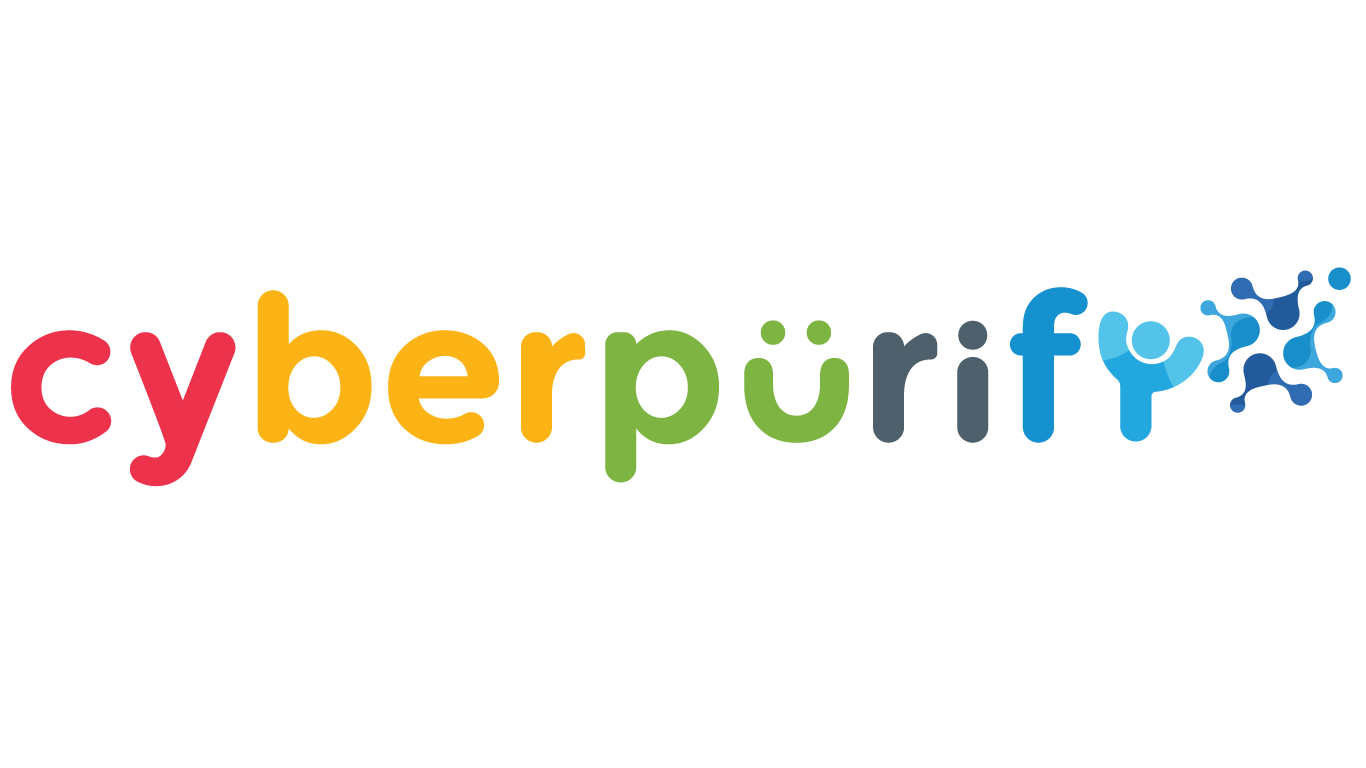More than 60% of 11- to 13-year-olds are unknowingly exposed to pornography. This means that pornography is rampant on the Internet, not only in the dark web but also in the form of images/videos/advertisements appearing on online gaming sites, social networks, forums, etc. group chat, etc.
The Internet can be an environment for children to learn and play, but on the other hand, it is a completely dark and dangerous world full of dangers and attackers targeting your children. Unfortunately, children and adolescents are particularly vulnerable. The article below will help you understand “Harms Children Face Online and How to Protect Them”
What are the harms children face online?
Online predator


An online predator is when an adult who uses the Internet to take advantage of a child and/or young person for sexual or financial abuse. Sexual predators and other predators often stalk children on the Internet, taking advantage of their innocence, lack of adult supervision, and abuse of their trust.
These predators lurk on social media: chat rooms, instant messaging, game platforms that appeal to children – virtual locations where anonymity facilitates “hunting.”
Some common forms of cyber-predation are the online predator sending illegal images, audio, or video to children under an approved age. Or the predator entices the minor to engage in pornographic conversations. Or arrange to meet with a minor to commit sexual acts that are illegal, unlawful, and unethical.
As a case in point, the disappearance of Kaylee Jones who is 16 years old, had shared personal information, including her family’s address, with some “guys” she was speaking to online, according to news from Fox News Digital


Jones’s parents previously explained to Fox News Digital that two days before their daughter’s disappearance, they confiscated her phone to discipline her, at which point the 16-year-old turned to her laptop and began communicating with strangers on chatrooms like Omegle – a website that allows users to anonymously send direct messages or video-chat with one another.
Highly access to pornographic content
Research shows that most pornography and sex addiction begin in adolescence. Pornography negatively affects brain development, badly changes the view of self-image, and encourages attitudes and acts of violence against women.


Scam
If adults can be fooled by receiving millions of dollars or a supercar, kids can fall into more subtle scams when the attacker gives them what they value highly such as 1-year free gameplay or special game features.
Your child is especially susceptible to being deceived because they have not learned to be vigilant and also because they have not experienced much with the outside life. Like online scams, criminals can use children’s popular websites to identify potential victims, then lure them into giving out their parents’ credit card information in exchange for what they want.


Cyberbullying
There are 90% of teens agree that cyberbullying is a problem and 63% believe it is a serious problem. Furthermore, a 2018 survey of children’s online behavior found that about 60% of children using social media witnessed bullying, and most children completely ignored it.
Cyberbullying (online bullying) is bullying that occurs on digital devices such as cell phones, computers, and tablets. Online bullying can happen through SMS, text messages, and social networks. It includes sending, posting, or sharing fake, negative, or malicious content about others. It may consist of sharing personal or private information about someone else, causing shame or humiliation.
You may probably know Hana Kimura, a Japanese professional wrestler, died at the age of 22. She had been cyber-bullied. This somehow proves that the more the Internet develops, the more serious cyberbullying becomes.


Digital footprint
These are the traces of the things your child leaves behind when they go online. The Internet doesn’t have a “Delete” button. What happens online will last forever on the Internet. Everything child post is public whether the child delete the post or not, once the child have commented, or posted anything, it will be forever on the Internet and be traceable.
A lot of kids often “let go” of all their worries and sorrows on social media, and this is never a good idea. Sending text messages, and posting statuses to release their current anger can make them more satisfied than they are now, but they will have to feel guilty or regretful in the future.


Useful information for parents:
How to help children stay safe and healthy online environment?
Educate children about online safety
- Continually have positive conversations: You should have an open dialogue with children about how and to whom sexual harassers reach and communicate online, about why they are targeting your child, why can’t you trust them, and explain clearly that what you send them will stay forever on the Internet even if you delete it.
- Teach your child to think and think before posting or sharing information: Critical thinking is very important when exposed to new technology, the Internet, and social media. Instead of automatically sharing, kids and adolescents need to pause and think twice.
- Teach your kids digital skills: Because criminals are so ubiquitous on social media, they communicate and talk to minors in a variety of ways, so you need to help them understand that attackers can be anyone, any profession, so they should not talk to strangers online.


Ensure a safe and healthy online environment for your children
- Make fun physical activities: To eliminate feelings of boredom and inactivity, you can exercise with your child, or exercise combined with lessons such as doing yoga while counting numbers, cooking together with your child, etc.
- Keep an eye out for psychological signs of abnormality: You should be on the lookout for signs of distress in children that may appear related to their online activity such as your child being bullied online. Or someone forced them to send nude photos.
- To ensure your child’s online environment is safe and healthy 24/7, you should consider using the Cyberpurify Egg Wifi device – in addition to its malicious content-blocking feature, it will block all entertainment apps in the home. Your child’s study time helps them focus maximum during studying time.


If you have ever been:
- Anxious when letting children go online, afraid they will be exposed to toxic content?
- Exhausted when you have to count their screen time and constantly remind them to turn off the device?
- Weary when they keep begging for “5 more mins” but it always lasts more than 30 mins?
We need to end this! With CyberPurify Egg, when it’s studying time, all access to games, social media, and movies will be automatically blocked on every device your child uses.


Stay truly peace of mind when your kids are less distracted, less dependent on devices. Also, they are 24/7 protected from all harmful sites, minimizing the risk of porn addiction and dangerous behaviors.
Be one of the first parents to own a CyberPurify Egg!
Parents can read more:















